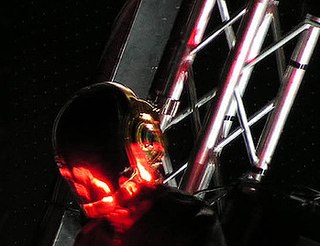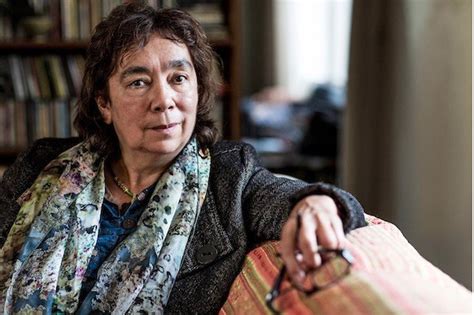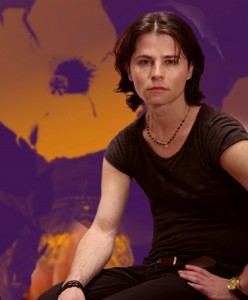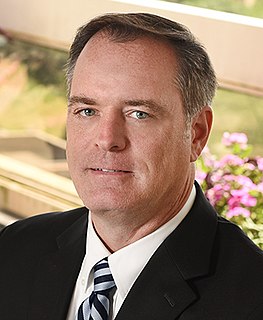A Quote by Paul Simon
People often called us perfectionists, but we were not looking for perfection. We were looking for some kind of magic in the music.
Related Quotes
I was a kid, I loved music, that was our social thing. That's what we bonded on. That's what my Saturday nights were, looking to see what bands were playing. And some of those people were the coolest people ever. I want to participate in that. And I hope other people feel that and they're like, "Yeah man, this is part of it, this is why I love music."
When I interview people that want to work with us, I often disregard their resume, because a piece of paper, it doesn't tell me really who they are. I'm looking for honesty, vulnerability. I'm looking for strength, I'm looking for weakness. I'm looking also for someone that wants to learn and is excited about learning.
Science, the largest religion of the twentieth century, had become tarnished by images of exploding space shuttles, crack babies, and a generation of complacent Americans who allowed the television to raise their children. People were looking for something - I think they just didn't know what. And even though they were once again starting to open their eyes to the world of magic and the arcane that had been with them all the while, they still thought I must be some kind of joke.
The magic - we can try to capture the magic - the music that comes out of the speakers. That sparkle of magic that we can get sometimes is just what we are looking for and if it works while we're in the studio the two of us, then we think that maybe we can share it with an audience. And it's been the case from the beginning.
I believe there is some kind of magic that comes just from looking at somebody. In the beginning, I called it "Genius" in a very cynical way. Then I started to look at real geniuses in history and all of them have the same expression, of something very bitter. It's bitter because they have this kind of knowledge that they cannot share. They don't have the time or energy to deal with other people.
The advertising men made it clear that there were two ways of looking at ideas in a war against fascism. Those of us who were working on the project believed ideas were to be fought for; the advertising men believed they were to be sold. The audience, those at home in wartime, were not 'citizens' or 'people.' They were 'customers.'




































